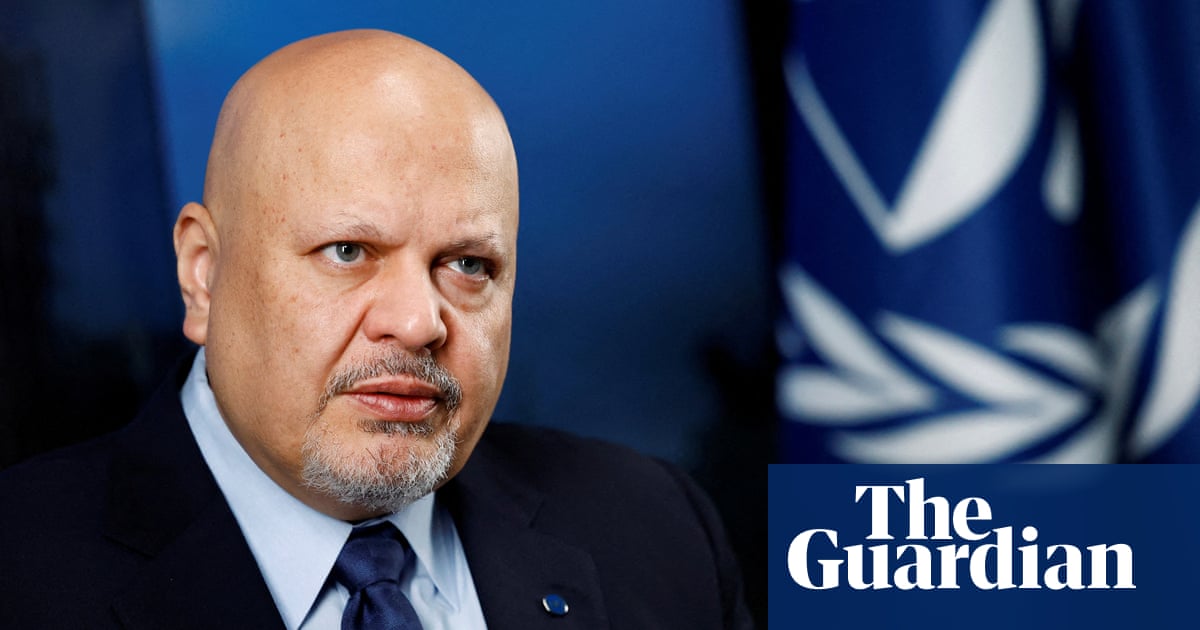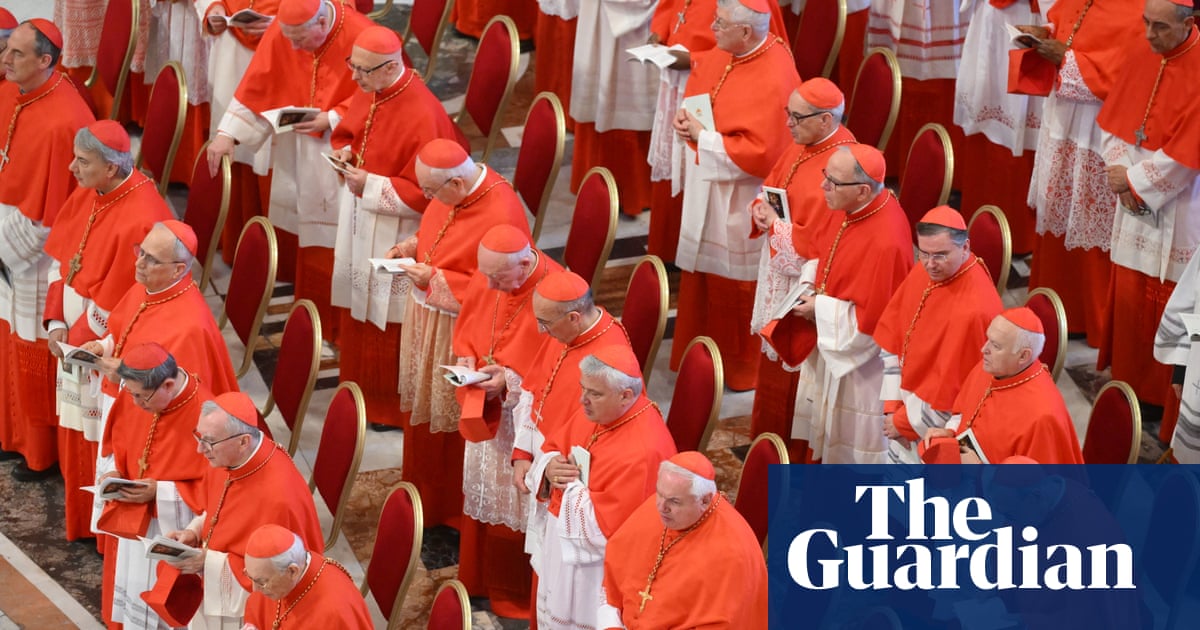Diplomats from eight southern and east African countries have signed a letter calling on the UK government to support a private member’s bill that aims to speed up debt restructurings, after economic crises meant countries were unable to pay back loans.
Poor countries’ economies have been hit by a series of global events in recent years, including the coronavirus pandemic, which reduced growth; the Russian invasion of Ukraine, which sent inflation soaring; and raised US interest rates, which have pushed up the cost of international loans to often unaffordable levels.
Since 2020, countries including Zambia, Sri Lanka and Ghana have defaulted on their overseas debts.
Countries that can no longer afford to repay their debts have to negotiate loan writedowns or extensions with lenders including state-owned development banks from China, the US and Europe, in a process known as a debt restructuring.

A growing number of poorer countries would also need to restructure loans from private banks and international bonds owned by western companies, which are typically more expensive. Most poor countries have cheap loans from the International Monetary Fund and World Bank, which give new “concessional” loans instead of writing down old ones.
The UK bill, introduced in November 2024 by the Labour MP Bambos Charalambous, would “prevent private creditors suing countries while debt relief negotiations are taking place, and from seeking higher repayments than other creditors”, said a letter sent to the British chancellor, Rachel Reeves, in March and shared exclusively with the Guardian.
The average developing country is spending 9.5% of government revenues repaying debt, double the level of a decade ago. The poorest countries are spending 15%, according to the UN development programme. From 2012 to 2022, public spending on debt grew faster than on health and education.
The letter said “90% of debt owed to private creditors by the world’s poorest countries is governed by English law and is transacted through the City of London. This is why any relief from undue profit to private lenders relies on your government.”
Signatories included high commissioners to the UK from Zambia, Mozambique and South Africa, which has made tackling the “unprecedented debt crisis among many African countries” a priority of its G20 presidency this year.
Charalambous said he hoped the government would adopt the bill and that he had met the Treasury minister Emma Reynolds. A UK government spokesperson said: “The UK fully agrees that private creditors should participate in restructurings on comparable terms. Overall, we have seen evidence of private creditors’ willingness to engage and provide debt treatments where needed, including for Zambia and Ghana.
“As such, the UK is not currently pursuing a legislative approach to ensuring private creditor participation in restructurings, although we continue to keep our position under review.”
After the Covid pandemic hit, lending countries agreed to pause debt repayments. However, western private creditors refused, an issue that aggrieved China.
Zambia stopped repaying its international debts in November 2020. Along with Ethiopia and Chad it sought to restructure its loans in early 2021 under a new G20 process called the common framework. However, the process was fraught with delays.
It took 17 months for Chad to reach a deal that did not cut debt levels, after the commodities trader Glencore dragged out negotiations.
Chinese intransigence reportedly held up Zambia’s agreement with lending countries until 2023. Those countries then rejected a deal the Zambia government reached with western bondholders, as they said it was better than their deal. A bonds agreement was finally reached in 2024.
Some officials and analysts argued the UK bill was targeting a prior problem of western “vulture funds” buying up poor countries’ defaulted bonds to sue them for payouts. They said recent restructurings had been delayed by the proliferation of new types of lenders, including Chinese state-owned institutions and African multilateral trade banks.
Abebe Aemro Selassie, the IMF’s Africa director, told a press conference last week that he was not sure new legislation would speed up debt restructurings: “In recent restructurings, I am not aware of [private creditors holding out] being the main hindrance.”
Since 2014, the inclusion of “collective action clauses” – where the owners of 75% of a country’s bonds can approve a restructuring deal – in 88% of bonds has stopped most “vulture fund” minority bondholders from suing countries, the thinktank ODI said in a report.
However, Ethiopia’s negotiations to cut the value of its single bond have reportedly been delayed by a bondholder group.
In Zambia, Malawi and Ghana, the African Export-Import Bank (Afreximbank) and Trade & Development Bank (TDB) have not agreed to loan writedowns. Both are regional trade banks set up by African governments that lend at high interest rates but have demanded to be excluded from restructurings like the IMF and World Bank.
Spokespeople for Afreximbank and TDB did not respond to requests for comment.
“Non-bond private creditors … are very different … and it is unlikely that the solutions provided in the [UK] bill would apply easily to them,” said Frederique Dahan, a director at ODI.
Malawi, which has a GDP per head of $580, has been trying to get debt writedowns while being battered by climate and economic shocks that have led to fuel, fertiliser and medicine shortages.
Thomas Bisika, Malawi’s high commissioner to the UK and who signed the letter supporting Charalambous’s bill, said: “This unsustainable debt has really grossly affected social and economic development in the country.”

 4 hours ago
4
4 hours ago
4













































